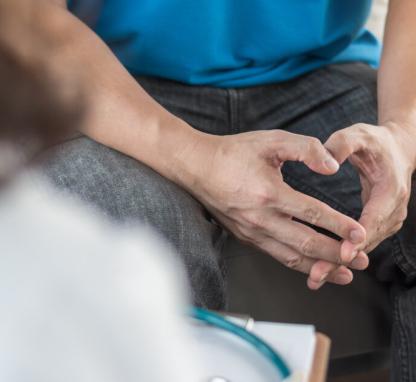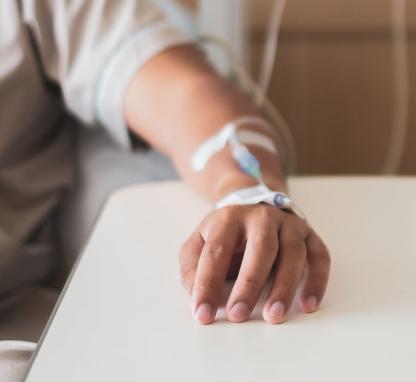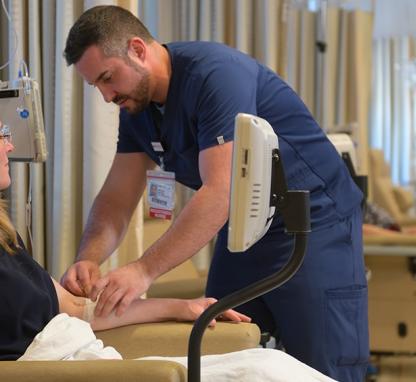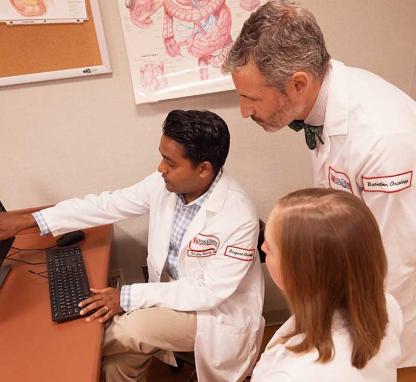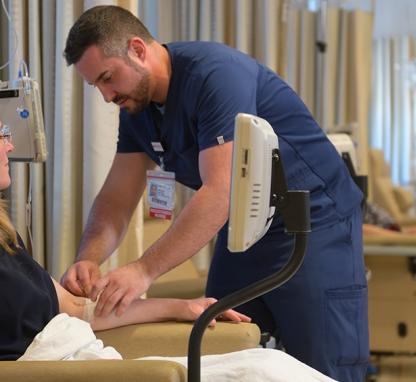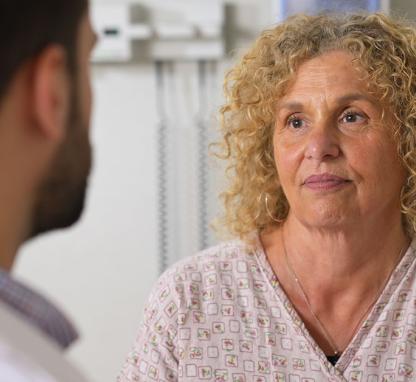
One of the many potential side effects of cancer and its treatments is a suppressed immune system, or immunosuppression. Immunosuppression is a reduction in the body’s ability to fight infection and disease. The immune system’s job is to defend the body,...
Read More
